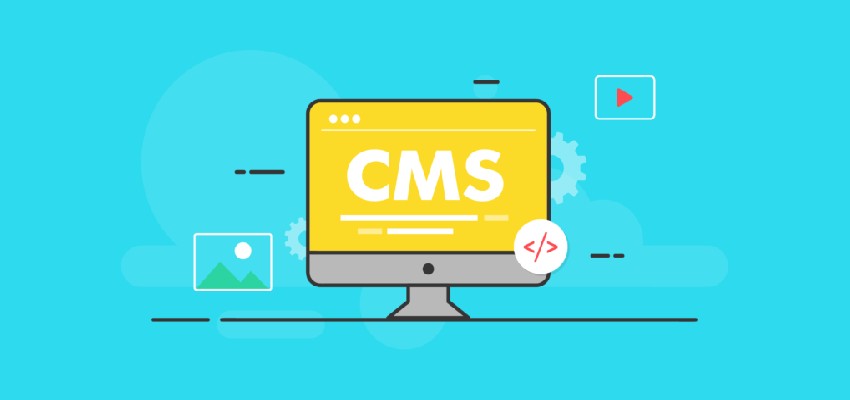A content management system (CMS) is a software application or platform that allows users to create, manage, and publish digital content, such as websites, blogs, online stores, and other types of online content, without requiring technical expertise. CMS platforms typically provide an interface for users to create and edit content, manage media files, and customize the appearance and layout of their websites or other digital properties.
The key features of a content management system typically include:
- Content creation and editing: CMS platforms allow users to create and edit content, such as text, images, videos, and other multimedia elements, using an intuitive interface that does not require coding skills.
- Content organization and management: CMS platforms provide tools for organizing and managing content, such as categorization, tagging, and metadata management, making it easy to organize and retrieve content.
- Content publishing: CMS platforms offer options for publishing content to websites or other online platforms, typically through templates or themes that determine the appearance and layout of the content.
- User management: CMS platforms often have user management features that allow administrators to manage user accounts, permissions, and roles to control access to content and functionality.
- Customization and design: CMS platforms typically provide customization options for designing the look and feel of websites or other digital properties, including templates, themes, and style editors.
- Media management: CMS platforms often include media management features for managing images, videos, and other media files, including options for uploading, organizing, and optimizing media assets.
- SEO and analytics: Some CMS platforms offer built-in tools for optimizing content for search engines (SEO) and tracking website analytics, such as page views, visitor statistics, and other metrics.
- Extensibility: Many CMS platforms offer extensibility through plugins, modules, or APIs, allowing users to add additional functionality, such as e-commerce, social media integration, or other custom features.
CMS platforms are widely used by individuals, businesses, organizations, and other entities to create, manage, and publish digital content on the internet, making it easier to create and maintain websites and other online properties without extensive technical knowledge or coding skills.
Here are some popular CMS platforms with notable features:
- WordPress: WordPress is one of the most widely used CMS platforms known for its ease of use and versatility. It offers a large number of plugins and themes, making it highly customizable. It also has a large community of developers and users, which means there are ample resources and support available.
- Drupal: Drupal is a powerful and flexible CMS known for its scalability and security features. It is often used for building large, complex websites and has a robust content organization system. It offers extensive customization options and has a strong community of developers.
- Joomla: Joomla is another popular CMS that is known for its flexibility and ease of use. It offers a range of templates and extensions, making it suitable for various types of websites, from simple to complex. It has a large community of users and developers, which provides ample support and resources.
- Shopify: Shopify is a popular CMS specifically designed for e-commerce websites. It offers a range of features such as an easy-to-use product management system, payment integration options, and a variety of templates for building online stores.
- Sitecore: Sitecore is a feature-rich CMS that is known for its advanced personalization and marketing automation capabilities. It offers robust content management, customer engagement, and analytics features, making it suitable for large enterprises and digital marketing campaigns.
- Contentful: Contentful is a headless CMS that focuses on content management and delivery through APIs, allowing developers to create custom front-end experiences. It offers flexibility, and scalability, and supports omnichannel content delivery, making it suitable for modern, content-driven applications.
Please note that the popularity and features of CMS platforms may change over time, and it’s important to conduct thorough research and choose a CMS that aligns with your specific needs and requirements.

